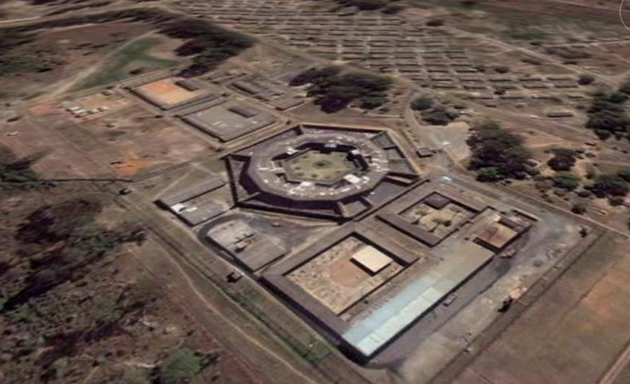Embrace digitisation to tell the Zim story: Charamba

George Maponga Masvingo Bureau
Government has urged stakeholders in the film industry to take advantage of the impending switch over to digital terrestrial television to tell the Zimbabwean story as part of efforts to restore the nation’s lost identity.
Secretary for Information, Media and Broadcasting Services Mr George Charamba yesterday challenged content producers and film makers to seize opportunities created by digitisation and produce content that fulfils the nation’s hopes and aspirations.
Zimbabwe is expected to switch from analogue to digital terrestrial television at the end of April and all television sets in the country should have set top boxes to be able to receive signals after the switch-over.
Mr Charamba was speaking while addressing hundreds of content producers and stakeholders in the film industry here during a consultative meeting to prepare for the country’s switch to digital terrestrial television.
He said it was disheartening to note that Zimbabweans remained a conquered people even in the post-colonial era owing to failure to become the narrative voice.
Mr Charamba said it was important to use the envisaged 12 new television stations that will be created after the advent of digital terrestrial television and create a Zimbabwean face that depicts own narrative.
‘’We should be the narrative voice so that we are not assigned roles in our history,” he said. “We should use television to tell our own story and reclaim our identity because at the moment we do not exist and we are complicit. Why are we underdogs in the narrative of the day?
“We are a faceless people and we must own the screen (television), use it, possess it to tell our own story. There is no film that is valueless economically, socially, culturally and politically.”
Mr Charamba said there was need to reverse the damage caused to the national mind owing to the nation’s failure to tell its own story.
The nation’s world-view was shaped by what Mr Charamba called “poison’’ supplied by the country’s national broadcaster, ZBC, on national television after being purchased from mainly Western countries.
“Currently, ZBC owes millions of dollars for the poison (programmes) that was bought from countries such as Canada, USA and other countries to teach Zimbabweans not to be themselves but people from those countries,’’ he said.
“The only way we can recover from the damage is through production of local content.”
Mr Charamba said Government had devised a number of ways to bring down the cost of making films, among them importation of cameras and other equipment which could be used by local producers.
Government stood ready to provide transport and food to those who will be involved in film production as part of efforts to kick-start the film and television industry which can be a major source of employment for the nation in line with Zim-Asset, he said.
Mr Charamba challenged local producers to look beyond Zimbabwe’s borders as the film market was inherently international.
Speaking at the same event, Transmedia chief executive Mrs Florence Sigudu Matambo said the migration from analogue to digital television meant that every household with a television set was supposed to have a set top box to access signal.
She said Government was going to subsidise the price of set top boxes to between $20 and $25, so they are affordable.
Acting ZBC chief executive Mr Patrick Mavhura said the major concern of the national broadcaster over the impending switch to digital television was getting adequate and quality content to feed into all the six channels the station will have.
He challenged independent producers to fill the content gap by coming up with programmes that will help the national broadcaster to remain on air on all its envisaged six channels.












Comments